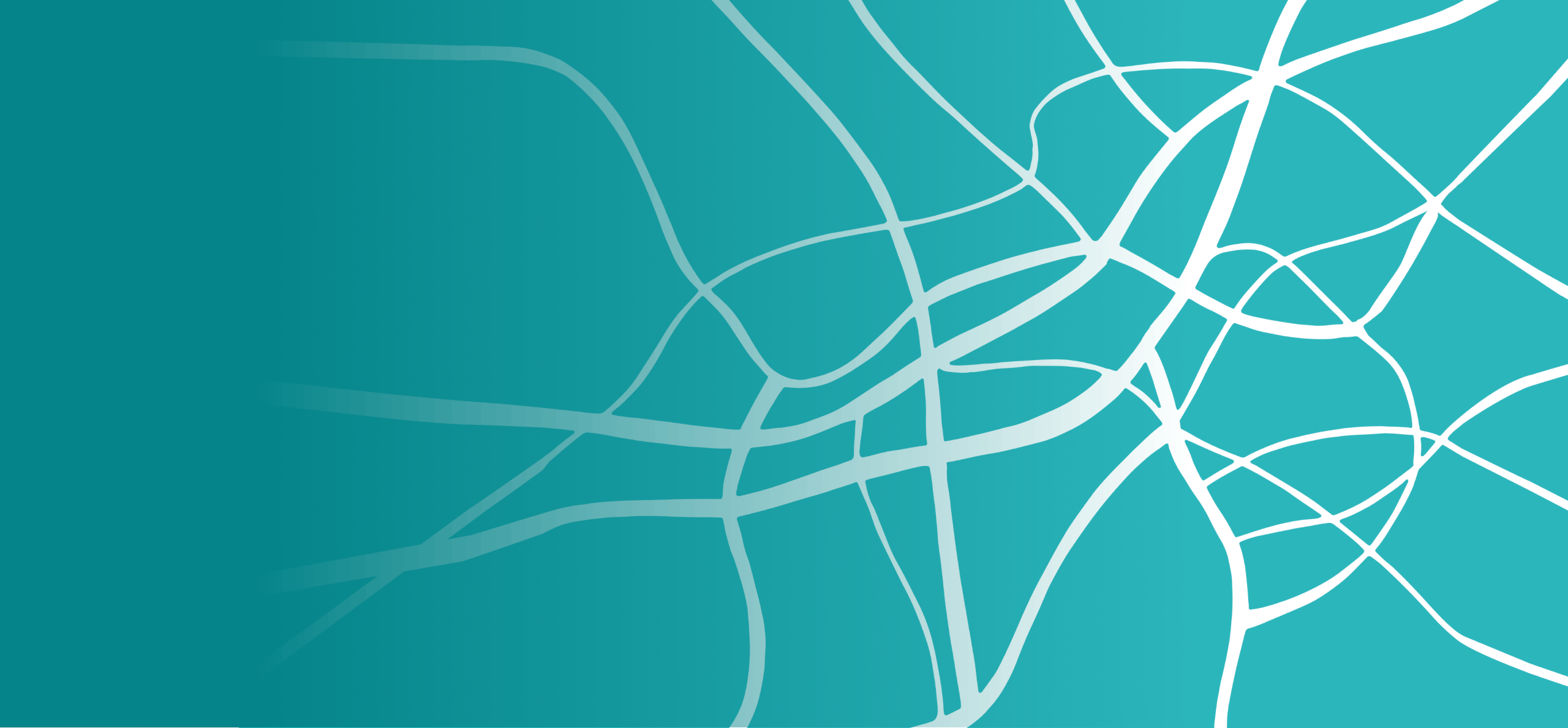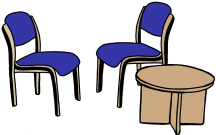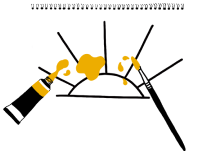Why we developed this website
On launching our book in 2021, young people told us they enjoyed the content & felt it “100% should be delivered to schools & to training teachers.” Those whose experiences shaped the stories of our book told us: “It makes you feel like you’re not the only one when you go through it.” and “It could make people understand & be more kind.”
When we asked teachers if there was a need for this resource, one answered “Absolutely!” Others told us: “This tool helps both children and parents understand it from a young person’s view which is essential.” and “Thank you for the amazing work that you do. Our children may be small in primary school, but their worries aren’t.”
At the same time, the Domestic Abuse Act 2021 came into force, Section 3 of which means that, by law, any child who sees, hears, or experiences the effects of domestic abuse, or is related to the victim or the perpetrator, is now regarded as a victim within their own right.
It is the Domestic Abuse Commissioner’s vision that children and young people who have been subject to domestic abuse should receive a strong and comprehensive response, rooted in understanding. SafeLives estimates that as children start primary school, there will be at least one child in every classroom who has lived with domestic abuse since they were born.
So, we decided to build on the positive feedback we had received, and the need young people and adults had identified, to create this website, separate books for each story, with more illustrations, and a set of creative resources to offer more support with the difficult things young people may be experiencing at home.
The aim of Sometimes it Hurts is to support educational, youth work and social work professionals to help children and young people cope with, and recover from, their challenging experiences, to ultimately reduce the likelihood of longer term mental ill health.
Specialist domestic abuse services to support young people affected by domestic abuse do exist, but only for those referred to them. There can be a waiting list and supporting adults may face young people presenting with difficulty here and now, before young people are able to access specialist support. We want everyone on the frontline of working with young people to feel they have the tools to have conversations about these tricky themes in a constructive way.
We know that without domestic abuse necessarily being talked about openly, young people might not immediately identify themselves as experiencing this & as in need of support. In writing the foreword to our book, award-winning campaigners Luke and Ryan Hart, who themselves experienced domestic abuse as children, shared that:
“We believed our emotional pain meant we were weak kids, rather than that something was wrong in our home…we felt we should have been able to cope…that it wasn’t dramatic enough to bother others with. We needed to hear others’ stories of domestic abuse before we could begin to make sense of our own. This awareness will spark conversations that help young people connect the dots…and get the help they need. We’re always asked when’s the right time to talk to children about domestic abuse and the answer is as soon as possible.”
Through our gentle, creative way of introducing the topic, and empowering professionals to feel more confident to open much-needed conversations with children and young people, we hope to widen the pool of those ready to reach out, signpost young people to specialist support and offer supportive conversations whilst they await referrals to that specialist support.
If you would be interested in support and guidance to give your staff / colleagues confidence to use our resources, take a look at our Training & CPD.

 About Changing Relations
About Changing Relations
 About the original book
About the original book
 Why we developed this website
Why we developed this website
 How we created the resources
How we created the resources